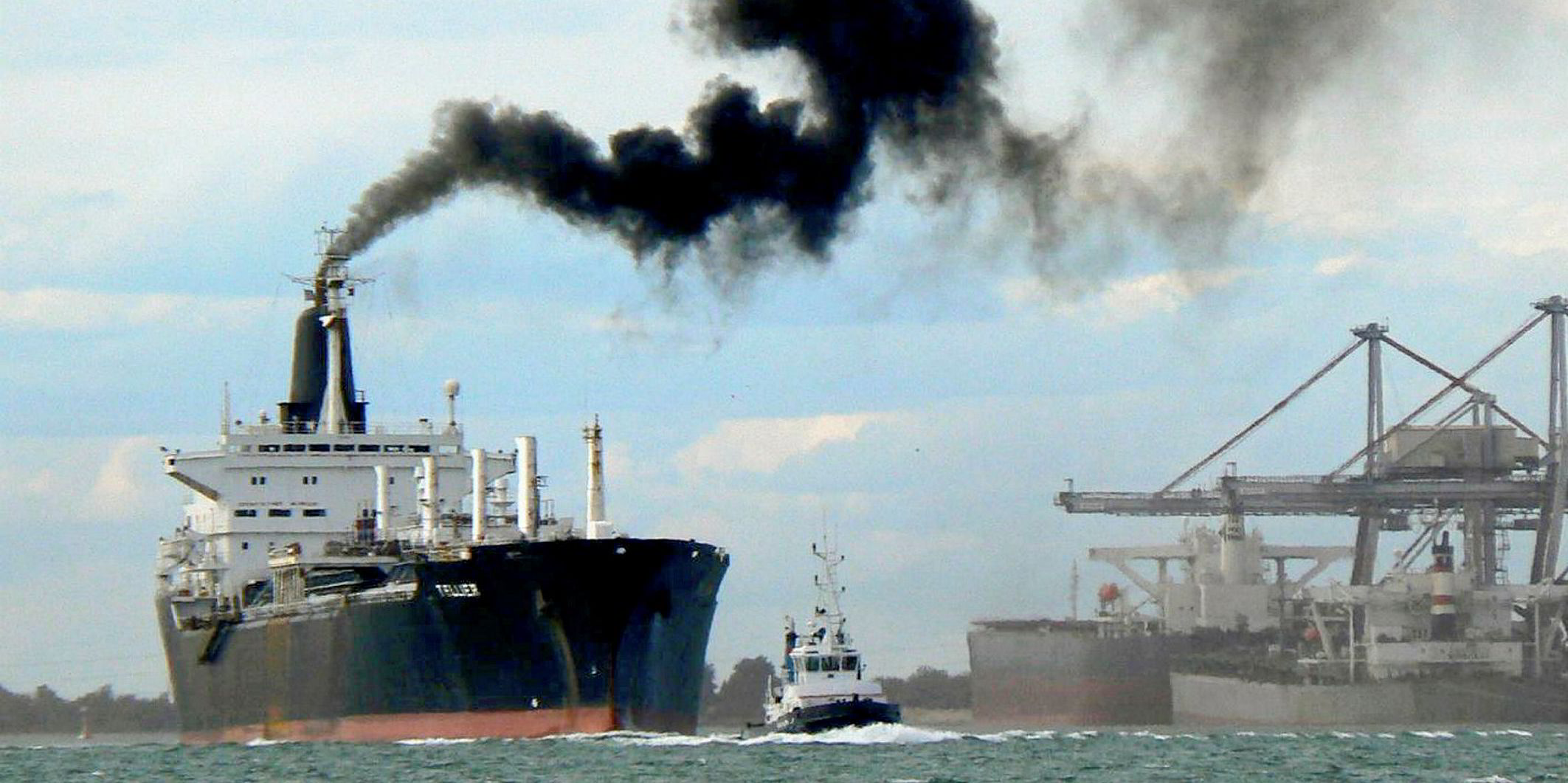Denmark, Germany, Spain and France have now joined Japan in proposing to the IMO that speed management could be used as an effective way of reducing shipping’s carbon emissions to the internationally agreed target of 40% by 2030.
Denmark, Germany and Japan already have considerable political clout at the IMO as major maritime nations. But, it is the possibility of a unified European position forming that is increasing the likelihood that some form of enforced speed management for ships could be mandated within the next four years.
European momentum for a common position is growing following a recent hearing on carbon reduction in Brussels by the European Commission’s directorate-general for mobility and transport, which is headed by transport commissioner Violeta Bulc.
Sources told TradeWinds at the meeting there were some indications that the world’s largest shipowning nation — Greece — may even be prepared to alter its position and consider backing the speed-reduction option.
The meeting was held to discuss the European position ahead of the IMO’s Marine Environment Protection Committee gathering, scheduled for May in London, where CO2 reduction measures will be debated.
Unified position sought
Although maritime policy across EU member states varies considerably, the EC usually tries to come up with a unified position ahead of important IMO meetings.
Speed reduction is widely recognised as the most immediate and effective way of cutting carbon emissions, something that was clearly proven following the shipping market crash in 2008, which led to widespread slow-steaming.
France’s paper is the most direct about the enforcement of speed limits for ships. As a short-term measure, France wants to see the IMO develop a “speed-regulation scheme” that would be in place “as soon as possible” but at the latest by 2023. Each ship’s speed-reduction requirement would be calibrated depending on its fuel efficiency. France also wants the IMO to come up with “a mode of enforcement of the measure using existing technological and legal means”, which will include “sanctions for non-compliance”, France suggested.
In a separate paper, Denmark, which has been joined by Spain and Germany as co-sponsors, is suggesting a three-year energy-efficiency target is developed for ships through a Ship Energy Efficiency Management Plan, or SEEMP.
The targets would depend on individual ships' efficiency rating based on a comparison with the Energy Efficiency Design Index (EEDI) scheme for newbuildings.
Denmark said speed management will be one method to achieve the target.
'Responsibility on shipowners'
“It will be up to the shipowner to decide how to achieve the requirement by either retrofitting the ships to be more energy efficient, or adopting fuel-efficient operations, innovative solutions or by speed reduction, for example by shaft-power limitation,” Denmark said.
However, the prospect of limiting engine power is bound to raise safety concerns among shipowners. The International Chamber of Shipping has already complained that such measures could leave ships without sufficient power to handle heavy seas.
As earlier reported by TradeWinds, Japan has also proposed that efficiency targets for existing ships be put in place. Ships that do not meet the targets would be required to slow down.
Japan’s idea is that the regulation would encourage owners of inefficient ships to scrap their vessels and replace them with highly efficient newbuildings. It believes that would incentivise the development of efficiency technology and alternative fuels within the industry.




